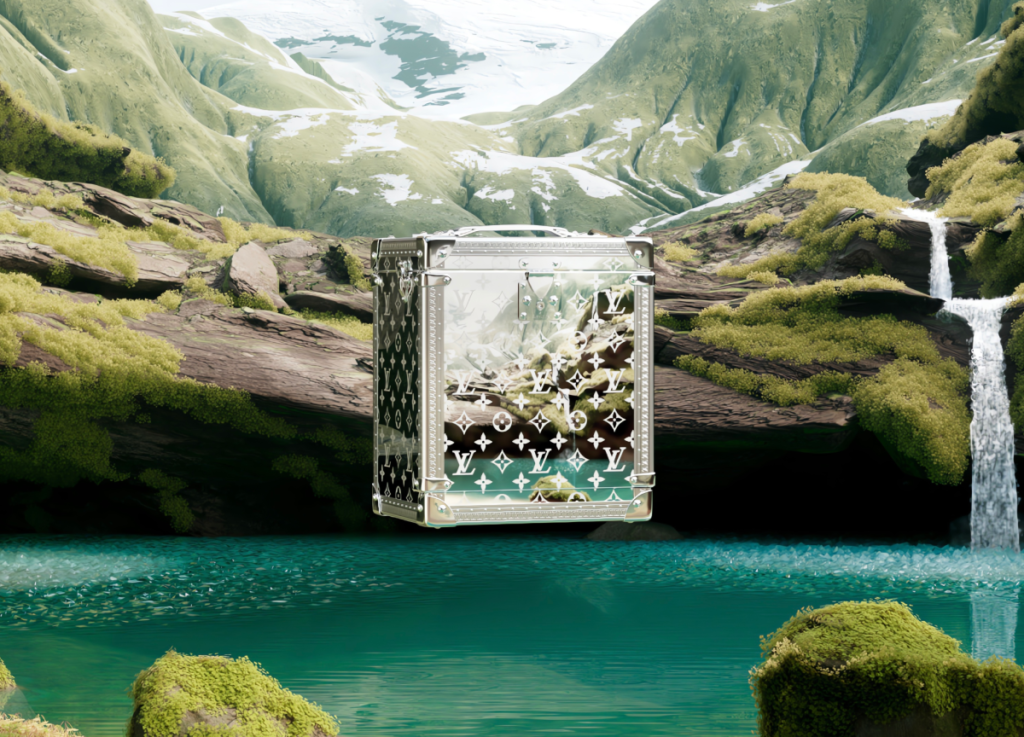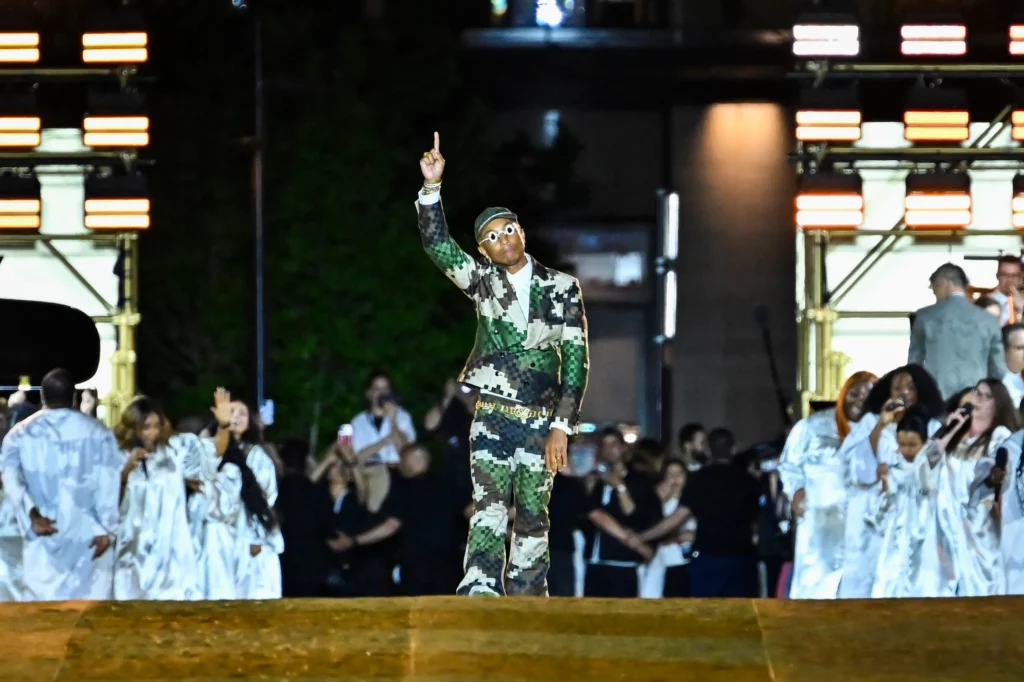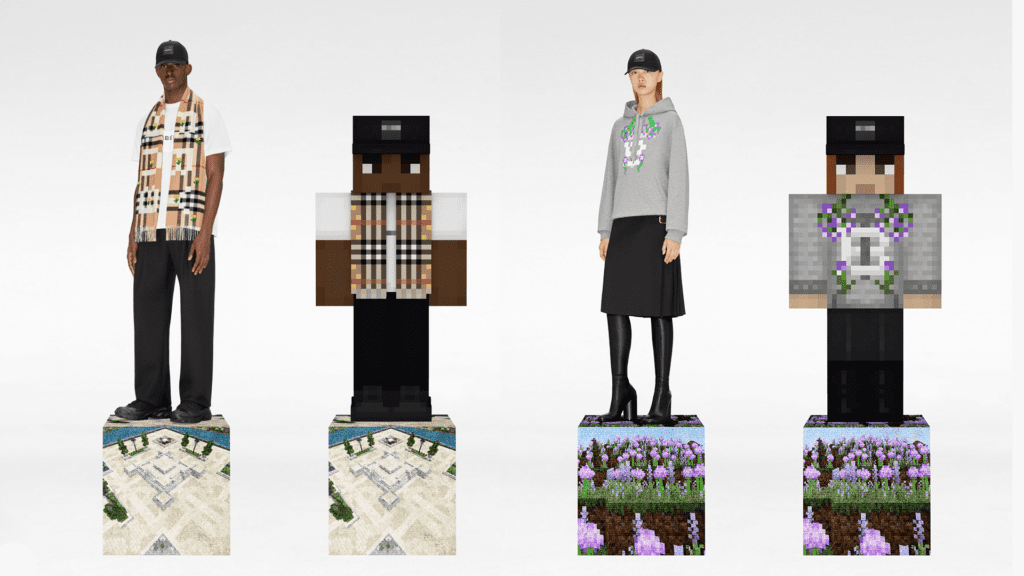We use cookies to improve your experience. By continuing to use this website you agree to our cookie policy.
In today’s rapidly evolving retail landscape, luxury brands are increasingly recognizing the significance of engaging with the next generation of shoppers. As the digital shift transforms consumer behaviors and expectations, it becomes imperative for luxury brands to adapt and embrace innovative strategies.
With a laser focus on virtual stores, we’ll unveil the enchanting ways these digital realms are revolutionizing the luxury retail experience, serving as an essential gateway to connecting with the discerning consumers of tomorrow.
Embracing the Digital Shift
The retail landscape is undergoing a profound transformation as it increasingly shifts towards a digital realm. With the advent of ground-breaking technologies and changing consumer preferences, traditional brick-and-mortar stores are no longer the sole driving force in the industry. The convenience, accessibility, and limitless options provided by online shopping (e-commerce)have fueled this paradigm shift.
Amongst Gen Z consumers, 32% engage in online shopping on a daily basis, while only 25% of millennials, 15% of Gen X, and 7% of baby boomers do the same. Another statistic proved that as many as 81% of retail shoppers engage in online research prior to making a purchase, indicating that virtual stores provide consumers with a convenient way to explore and find their ideal products. Overall, the online medium offers luxury brands increased visibility, accessibility, and profitability, making it a more favorable option for their bottom line.
Consumers now have the power to explore and purchase products from the comfort of their homes, at any time of the day. E-commerce platforms, mobile applications, live shopping and virtual stores have emerged as the new frontier, offering a plethora of opportunities for retailers to engage with customers and create personalized shopping experiences.
Luxury brands such as Louis Vuitton are spearheading innovation as the retail industry embraces the digital shift. A prime example of their foray into the digital realm is their recent announcement of a collection of phygital “Treasure Trunks.” These trunks not only serve as physical luxury items but also grant their owners exclusive access to future products and experiences. Louis Vuitton’s integration of Non-Fungible Tokens (NFTs) into their brand is exemplified through their project called “Via.” Via acts as an elite pathway, providing access to highly sought-after products and experiences that are inaccessible to others.

“We have to see what will be the applications of the metaverse and NFTs.” – LVMH chief executive Bernard Arnault
With the appointment of Pharrell Williams as its new men’s creative director, Louis Vuitton has signaled its embrace of NFTs and sparked anticipation of an exciting and vibrant direction for the brand.
As Pharrell Williams curates digital wearables for NFT Project Doodles, Julian Holguin is the current CEO of Doodles NFT stated, “As a collector, you’ll be able to get your hands on the things Ferrell would wear,” says Holguin. “This is the first time you see a major mediator of culture brought into our universe.”

Embracing the digital realm and incorporating innovative concepts like NFTs not only positions luxury brands like Louis Vuitton at the forefront of technological advancements but also allows them to forge a deeper connection with younger consumers. This bold and forward-thinking approach positions Louis Vuitton and similar brands as pioneers in the digital space, ensuring their relevance and success in an ever-changing retail landscape.
Innovation and Adaptation
As consumer behaviors and expectations continue to change, luxury brands must embrace new technologies, digital platforms, and innovative strategies to stay relevant and engage their target audience. By staying at the forefront of innovation, luxury brands can demonstrate their ability to meet the evolving needs and desires of consumers, showcasing their commitment to providing exceptional experiences.
Adapting to new trends and technologies allows luxury brands to differentiate themselves, attract younger and digitally native consumers, and maintain a competitive edge in the market.
Burberry stands as a shining example of a luxury brand that adeptly adapts to the preferences of younger generations. An outstanding illustration of their commitment to innovation is their collaboration with gaming platform giant Minecraft back in 2022. The British fashion powerhouse joined forces with the popular video game to launch an exclusive collection of in-game clothing, a fully playable “Burberry x Minecraft universe” and a limited-edition range of physical garments.

Customers have the opportunity to acquire physical items from the collection, including the iconic Waterloo Trench Coat, logo-print sweatshirts, hoodies, hats, and scarves, directly from the Burberry website. This seamless integration of the virtual and physical realms allows customers to not only enjoy the digital experience within Minecraft but also own tangible pieces from the collaboration.
“Bridging the digital and physical worlds, Burberry and Minecraft encourage communities to showcase their self-expression and equip the modern explorer with in-game skins and character creator items, as well as a physical limited-edition capsule collection.” – Burberry explained.
Burberry took innovation in the digital space in 2021 by launching its first virtual store in collaboration with Emperia, situated within the prestigious Harrods in London. The occasion marked the global series of pop-ups in celebration of the release of Burberry’s new signature bag, Olympia. Designed by Riccardo Tisci, the Olympia bag embodies a fusion of modern classicism and structural elegance.

This further highlights Burberry’s harmonious blend of virtual and physical elements, demonstrating their commitment to pushing boundaries and offering customers a truly immersive and memorable shopping experience.
The Power of Immersive Technology
Immersive technology is revolutionizing the way consumers engage with e-commerce, and virtual stores are at the forefront of this transformative trend. By harnessing the power of immersive technology, virtual stores create captivating and realistic shopping experiences that bridge the gap between physical and online retail.
The power of immersive technology lies in its ability to provide a sense of presence, enabling shoppers to visualize products in a lifelike manner and experience the joy of browsing and discovering new items. Virtual stores empower brands to showcase their products in innovative ways, offer personalized recommendations, and create interactive experiences that foster customer engagement and loyalty.
Building upon their previous success with the virtual store in 2022, retail giant Bloomingdale’s continued to demonstrate their profound grasp of the potential of virtual stores and immersive store experiences. The renowned retailer launched a groundbreaking multi-brand virtual experience, developed in collaboration with Emperia, featuring esteemed brands such as CHANEL, Ralph Lauren, and Nespresso, among others, in exclusive holiday-themed rooms.
The brand leveraged the power of seasonal collections by introducing holiday departments and embraced a multi-brand virtual approach, propelling them to set a new benchmark for the future of online retail. By curating a diverse array of brands within their virtual store, Bloomingdale’s showcases the immense possibilities that the metaverse has to offer.
Nurturing Brand Loyalty
It’s essential for brands to have a deep understanding of their audience’s desires and aspirations, and how they envision their favorite brand in the future. Virtual stores offer a unique opportunity to cultivate brand loyalty by fostering community building and meaningful connections with consumers.
Through immersive experiences, personalized interactions, and collaborative platforms, virtual stores enable brands to create a sense of belonging and actively engage with their audience. By leveraging the benefits of virtual stores, brands can tap into the power of community, gather valuable insights, and forge stronger emotional connections with their customers. This customer-centric approach not only enhances brand loyalty but also establishes a foundation for long-term relationships and advocacy.
Ultimately, by embracing virtual stores and prioritizing community building, brands can unlock the full potential of nurturing brand loyalty and creating a loyal customer base that remains devoted and enthusiastic about the brand’s future endeavors.
Conclusion
By embracing virtual stores, luxury brands are setting new standards for online retail, unlocking the potential of the metaverse, and cementing their relevance in a rapidly changing landscape.
As Vogue Business aptly states – “Brands should be thinking about how to create digital, 3D renders of designs as soon as possible and thinking about how the brand’s ethos can be translated into the digital realm, including augmented reality.” – The Vogue Business Index
